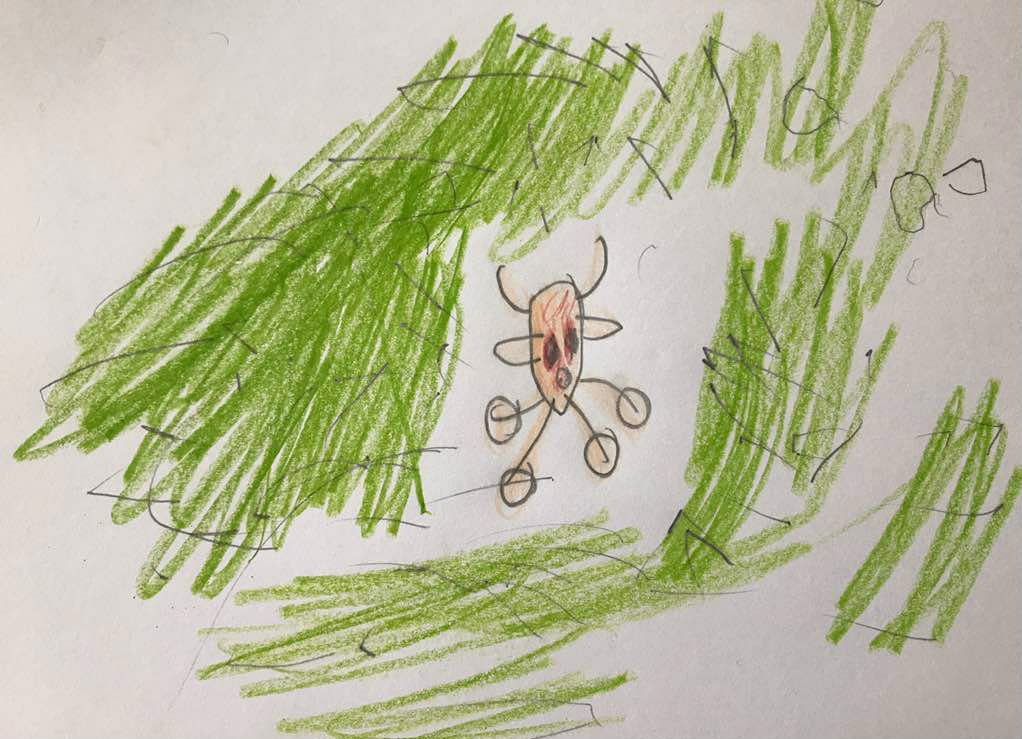In ECE, the emphasis has been child-centred, play-based, holistic education with children actively engaging in learning. The Project Approach, which was published by Katz and Chard, is a child-initiated investigation teaching approach which builds on the natural curiosity of the children. The children engage actively in investigation and applying knowledge and skills as they work on their project. Project Approach complements and supports the formal curriculum that uses systematic instruction. It aligns with Vyskosky theory and adopts a constructivist pedagogy that uses enquiry-based learning to allow deep learning by the children.
There are three phases in Project Approach In Early Childhood Education.
Phase I: Sharing Understandings and Further Questioning
Phase II: Investigation
Phase III: Representation of Learning
”Every project is an opportunity to learn, to figure out problems and challenges, to invent and reinvent.
David Rockwell
Phase I: Initiate Understandings and Further Questioning
At the beginning, children share their prior understandings of the topic through memory stories, ideas, and experiences, and they are eager to ask questions about aspects they wish to discover. How does the questioning process challenge children? Young children have lots of questions! Where did the water go? Why an aeroplane can fly? Why do we have a belly button? Utilizing the Project Approach provides teachers with the framework for taking questioning seriously and for supporting children as they investigate.

Phase II: Investigation
In this phase, teacher will need to identify topics that are interest the children most by re-examining the topic web and through observation of children’s involvement in the initial learning experiences in phase 1. The topic that the children appear to be more interested will become the topic of the project, maximizing the children’s initiation, engagement, and decision making.
Once teacher and the children have decided on the topic of the project, teacher will then work together with the children to plan out steps needed to carry out the project. Throughout this investigation phase of a project, children are challenged to think critically. Critical thinking occurs through forming and testing hypotheses, trial and error, experimentation, representation, and dispelling assumptions.


Phase III: Representation of Learning
At the conclusion of a project, children visually represent their new understandings to share with families and the school community. These may be in the form of artifacts, collections, written reports, photographs and etc.

Conclusion
The Project Approach offers opportunities to investigate many different topics of children’s interest. However, it also demands higher skills and competencies of a teacher to run such open inquiry, child-centred teaching approach. Thus, through our ALFA and Friends ACADEMY, we offer the Project Approach short course to mentor and support teachers to implement it in the classroom.


